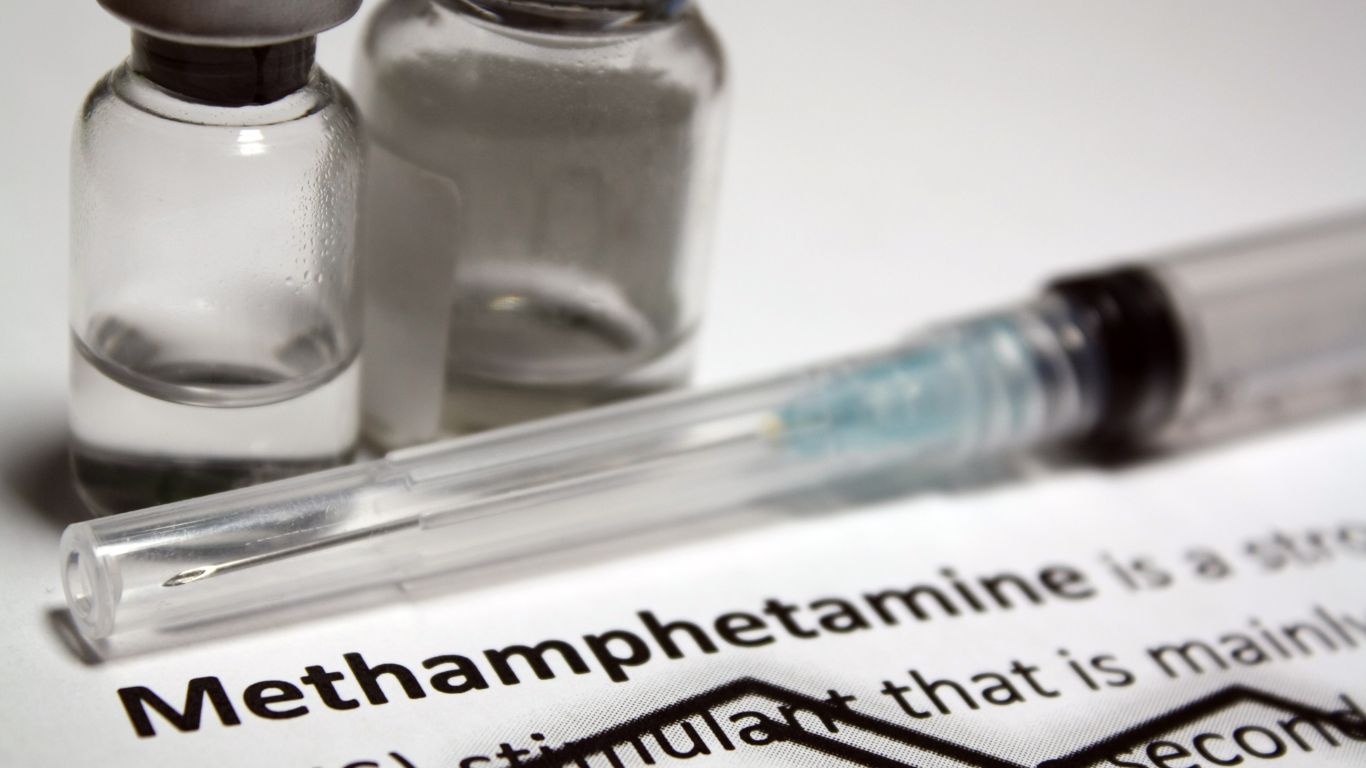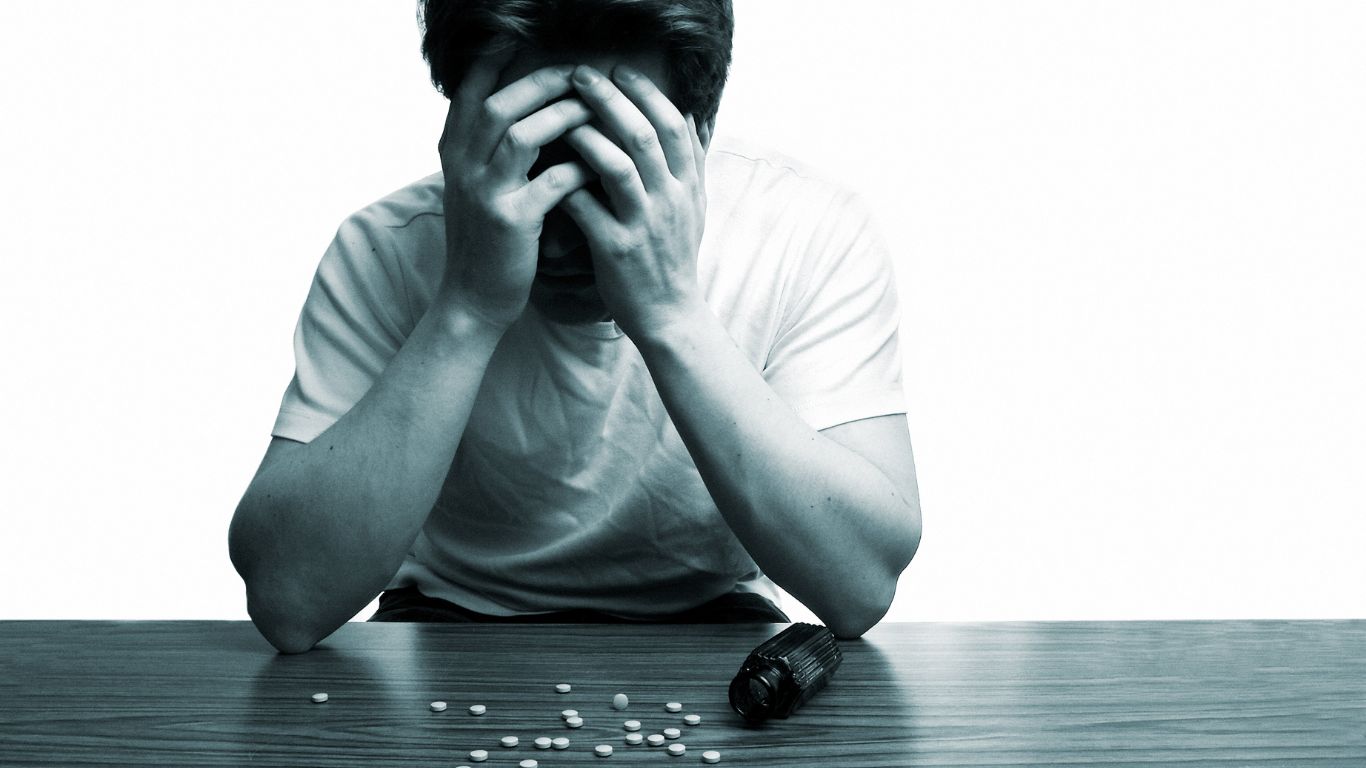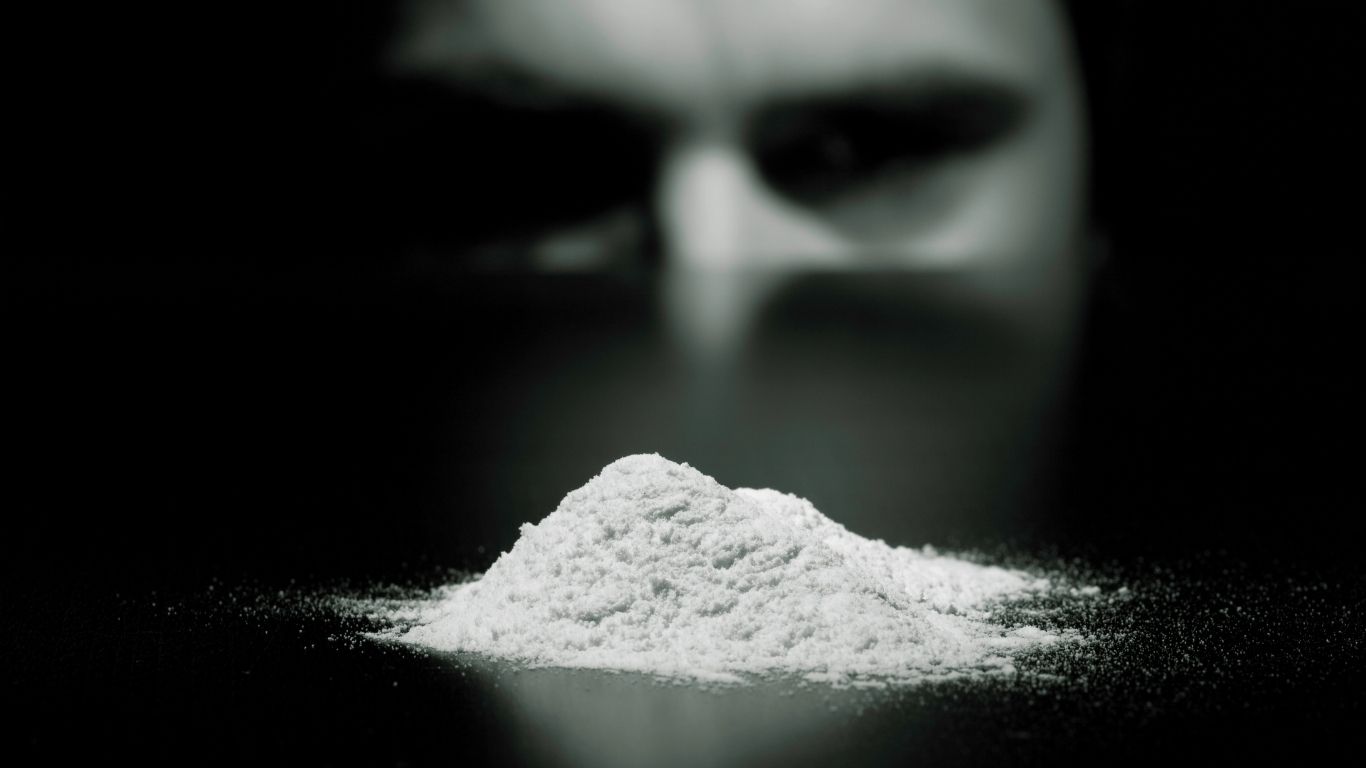Opioid use disorder has become a major problem across the United States over the past two decades. Prescription opioids administered to American pain sufferers, while seen initially as a saving grace for many, have become an issue that federal, state, and local governments have all had to address. Although very useful for pain management, prescription synthetic opioids come with a number of possible dangers. Additionally, illicit opioids like heroin still remain on the drug scene and are sometimes combined with opioids used for the treatment of chronic pain.
What Happens to Your Body When You Quit Drinking?
What to Expect from Your Body When You Quit Drinking Alcohol
After living with an active alcohol addiction and deciding that is time to stop drinking alcohol, many wonder what effects it will have on your body when you stop engaging in alcohol consumption. In the initial stages, individuals will often go through a period of alcohol withdrawal that can produce varying levels of severity in withdrawal symptoms. After your body has gone through the alcohol withdrawal phase, you will begin to feel the health benefits of quitting alcohol within your physical, emotional, and mental health.
What Does Meth Look Like?
Concerned a Loved One Might be Using Meth?
We want the best for our loved ones and would do anything we can to make sure that our loved ones are safe and out of harm’s way. When you begin to suspect that a loved one may be battling a problem with substance abuse, it can be hard to know what signs to look for and the steps you should take to get them the help that they need to overcome the powerful grip of drug addiction.
The highly addictive substance of crystal methamphetamine has become one of the most frequently used substances and the destruction it can cause within a meth abusers’ life is deeply concerning. If you have noticed that your loved one is beginning to display signs of drug abuse and you are worried about the potential of dangerous consequences that can affect people who are using crystal meth, you want to know the resources available for substance abuse treatment. At TruPath, we offer meth users an addiction treatment center that will support in healing from the deep-rooted emotions associated with your drug abuse while supporting patients in overcoming addiction through evidence-based therapy methods.
Does Addiction Change the Brain?
How Addiction Affects the Brain
Addiction is a complex disease of the brain that causes the brain’s reward system to intensely crave a substance (drug addiction or alcohol addiction) or behavior (gambling addiction, internet addiction, or sex addiction), causing an inability to stop using the substance. Obsession starts to take over, and soon the person finds they are prioritizing their drug or alcohol use disorder over work, family, social activities, hobbies, and other activities. There is a preoccupation with planning, using, and recovering from the addiction. There is a lack of self-control and a lack of concern for the consequences of their actions in pursuit of the “reward” pathway.
What are the Early Signs of Alcoholism?
What is Considered Alcoholism versus Casual Drinking?
As per the national institute on alcohol abuse and Addiction, alcoholism is characterized by an individual engaging in heavy drinking or binge drinking behaviors that have begun to create negative consequences within your day-to-day life. If an individual living with an alcohol addiction attempts to stop their alcohol consumption, they will experience severe alcohol withdrawal symptoms along with intense alcohol cravings. These uncomfortable and negative consequences of alcohol addiction create the cycle of substance abuse as individuals attempt to mitigate the negative withdrawal symptoms with the use of alcohol.
How to Get Cocaine Out of Your System
Passing a Drug Test When You’ve Used Cocaine Cocaine is detected on drug tests in several different ways because there are different types of cocaine drug tests available. The half-life of cocaine is about one hour, meaning that it takes your body around one hour to get rid of half of the drug in the … Read more
Is Alcohol Addiction Hereditary?
How Family History Impacts Alcohol Addiction
When you have grown up with loved ones that have battled a life of alcohol abuse, you want to know what your risk of developing an alcohol use disorder is. According to the National Council of Alcoholism and Drug Dependence (NCADD), the greatest risk of developing an alcohol use disorder is a family history of addiction. You have seen the severe impact that alcohol abuse can have on a person’s life and want to be prepared to know which factors of your life can contribute to developing alcohol use disorder to put protective factors in place to avoid a life of alcohol abuse.
Co-Occurring Disorders (Dual Diagnosis): The Relationship Between Addiction and Mental Health
How Substance Abuse Affects Your Mental Health
The connection between mental illness and substance misuse is well-known in the behavioral therapy community. If a person is predisposed to a mental health disorder, symptoms may be triggered by alcohol and drug abuse. Substance use disorders can lead to mental health illnesses such as anxiety and depression, but in some cases, eliminating drugs and alcohol is enough to alleviate the symptoms. However, in other cases, drug or alcohol abuse changes the brain’s chemistry long-term and causes more permanent damage. Alcohol and other central nervous system depressants can trigger depression, including feelings of hopelessness, lethargy, and sadness. Stimulants like cocaine and methamphetamines can cause drug-induced psychosis, including hallucinations and delusions.
The Risks of Untreated Co-Occurring Disorders
Addiction is a mental health disorder, just like other mental illnesses like anxiety disorders and depression. For a long time, addiction treatment centers have seen a link between substance abuse and mental health and commonly co-occur. The relationship between substance abuse and mental health is more common than most people know.
The Stages of Heroin Withdrawal: Heroin Withdrawal Symptoms and Timeline
Heroin Withdrawal Symptoms
Heroin is a potent opioid drug that, when smoked, snorted, or injected, binds to the opioid receptors in the brain and makes chemical changes that produce feelings of euphoria but also change the way the brain controls the heart rate, and pain, pleasure, breathing and sleeping. The brain becomes dependent on having the heroin in the body and begins to be unable to function normally without it (dependence), leading to compulsive heroin use and addiction.
Signs of Alcohol Addiction You Probably Didn’t Know
Do You Have a Problem with Alcohol?
Alcohol abuse is defined by the National Institute on Alcohol Abuse and Alcoholism (NIAAA) as:
- Binge drinking is a pattern of drinking that brings the blood alcohol concentration (BAC) to 0.08% or higher. For men, this is usually 5 or more drinks in about two hours, and for women, it is usually 4 or more drinks in 2 hours.
- Heavy drinking for men is consuming more than 4 drinks on any day or more than 14 drinks per week, and for women, it is consuming more than 3 drinks per day on any day or more than 7 drinks per week.









